Our journey towards more fully realized equity efforts
In the summer of 2024, the Colorado Blueprint to End Hunger conducted an internal equity assessment to evaluate its practices and identify opportunities for growth in achieving equity. It’s our intention that this work underscores the organization’s commitment to dismantling systemic barriers and fostering a food system that is just, responsive, and sustainable for all Coloradans.
To support our efforts in making an unflinching assessment of both our successes as well as ongoing challenges, we enlisted the help of Vaishnavi Hariprasad, an equity consultant and the Blueprint’s former Diversity, Equity, and Inclusion Manager. She supported our efforts to perform a complete internal equity assessment.
We have prioritized making this process transparent and accessible to everyone to inspire other organizations to undertake similar equity assessments. By sharing the tools, principles, and findings openly, we invite others to follow along in real-time and adapt our approaches to their own contexts. This commitment reflects our belief in collective progress and the value of shared learning.
What We Have Learned
In short, we found that we were largely living up to our goals for:
Transparency,
Bilingualism, and
Community-centered decision-making.
But there was work we could and should do around:
Data collection,
Human resources policies,
Clarity on internal decision-making processes, and
A deeper integration of community feedback into organizational policies and strategies.
Each team within the Blueprint structure, as well as our team as a whole, focused effort on evaluating progress on practices and procedures, community engagement, anti-racist institutional policies, human resources practices, language justice, and data and evaluation. We then generated equity action plans for each of these focus areas within our teams. In areas where we found gaps, staff engaged in proposing how we would address those gaps and how we would monitor and measure progress going forward.
To underpin all of this work, we created an internal equity policy that dictates how we approach equity as an organization internally and externally. We have adopted the shared commitment to revisit these organizational assessments every two years, with the off-year reserved for implementing changes to policy, process, or practice that we identified.
Our Equity Assessment Summary
In 2024, the Blueprint staff undertook a full equity assessment of its structure and practices. Here’s what we learned and how we intend to grow:
Defining equity
Equity, as defined by the Blueprint, is achieved when everyone has a fair and just opportunity to live the healthiest life possible, regardless of identity, location, or socioeconomic background. This requires addressing systemic oppression, including white supremacy, patriarchy, colonialism, and bigotry.
Why equity matters
Hunger impacts everyone, but systemic inequities disproportionately affect marginalized communities. The Blueprint’s mission centers on challenging these barriers through intentional, equitable practices and elevating the voices of those most impacted.
Assessment framework
The assessment framework evaluated organizational readiness and practices across multiple domains:
Practices and procedures: Transparency, inclusion in decision-making, and accessible communication.
Community engagement: Equitable decision-making and inclusive strategies.
Anti-racist institutional policies: Leadership diversity, training, and disrupting racism.
Human resources practices: Pay equity, diverse hiring, and transparent compensation.
Language justice: Accessible and inclusive communication, including translation and interpretation services.
Data and evaluation: Community-defined metrics and disaggregated data.
Community organizing: Movement-building and capacity-building that’s grounded in challenging systems of oppression.
Key findings
Strengths: Commitment to transparency, bilingualism, and community-centered decision-making.
Opportunities for growth: Establishing clear parameters around data collection and use that adhere to equity commitments, enhancing HR policies affirming organizational values, improving clarity around communication and decision-making processes, and developing stronger mechanisms to integrate community feedback into organizational policies and strategies.
Work plans for implementation
The Blueprint developed targeted work plans to address assessment findings:
Human Resources: Conduct pay equity analysis, ensure bilingual job postings, and allocate annual budgets for DEI work.
Policy & Community Justice: Foster community engagement through Q&A sessions, focus groups, and forums. Strengthen communication norms and equity in decision-making.
Communications & Accessibility: Perform language justice assessments, track accessibility requests, and implement top-priority recommendations.
Data & Evaluation: Establish data equity principles emphasizing respectful and valid data collection, disaggregation, and accessibility.
Ongoing accountability
The Blueprint is committed to continuous improvement through:
Recurring equity audits: Conducting self-assessments every two years, with off-years dedicated to implementing changes.
Professional development: Requiring staff to engage in equity training at least once every two years.
Diverse staffing: Ensuring 50% of staff represent marginalized communities.
Equity metrics: Developing measures to track progress and uphold organizational values.
Looking Ahead
By integrating equity into every facet of its work, the Blueprint aims to lead by example and inspire systemic change.
These efforts reflect a deep commitment to creating a Colorado where everyone can access the food they choose, where they want it, and when they need it.



